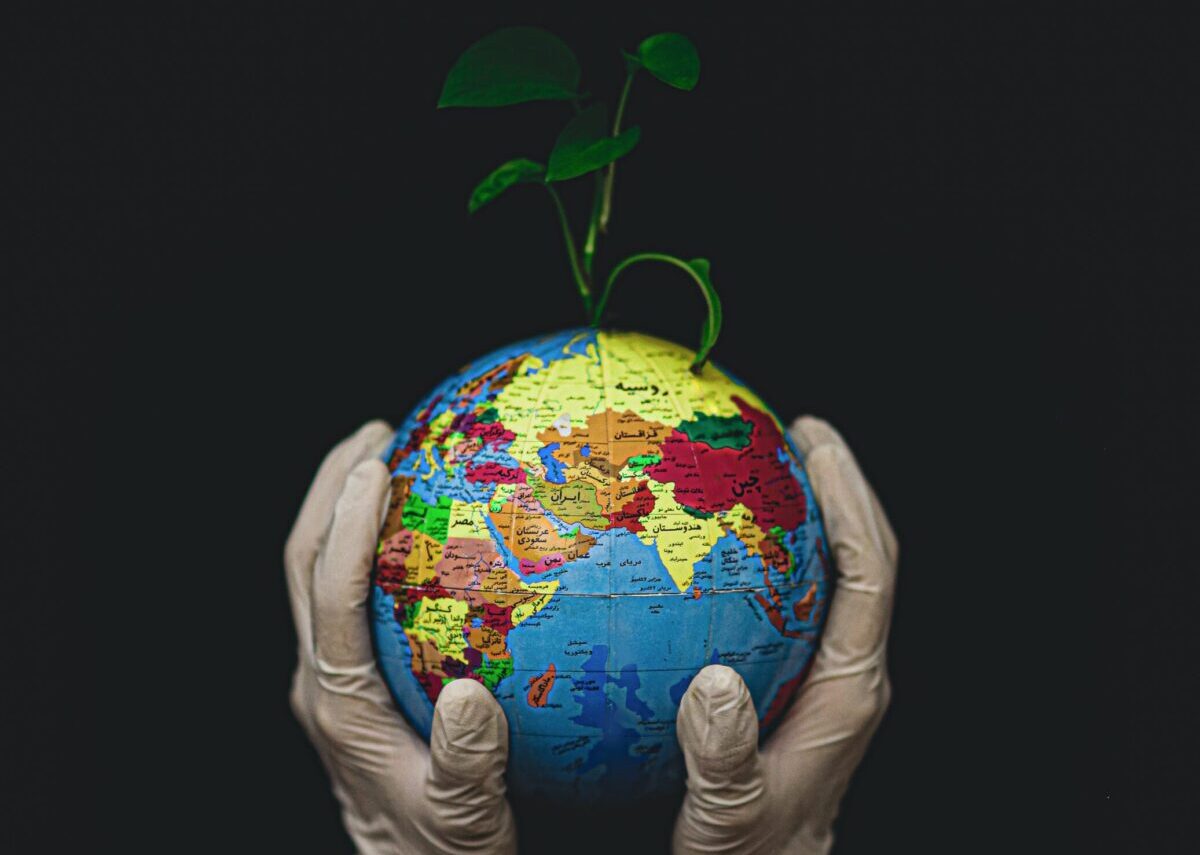As concerns about climate change and environmental sustainability continue to rise, more and more companies are exploring ways to reduce their carbon footprint and minimize waste. One technology that is gaining popularity in this regard is polymer-based additive manufacturing, which has several environmental benefits over traditional manufacturing processes. In this post, we will discuss some of these benefits and why companies should consider incorporating polymer-based additive manufacturing in their operations.
First, let’s define polymer-based additive manufacturing. This is a process where a 3D object is created layer by layer using a material extrusion technique. In simpler terms, it is a method of 3D printing that uses polymers, such as ABS or PLA to create objects.
One of the primary environmental benefits of polymer-based additive manufacturing is that it significantly reduces waste. Traditional manufacturing processes often result in significant amounts of waste due to the need to cut and shape materials. With additive manufacturing, there is minimal waste as the material is only used where it is needed. This can result in a significant reduction in the amount of scrap material that needs to be disposed of, which is beneficial for both the environment and the bottom line.
Another benefit of polymer-based additive manufacturing is that it can reduce the carbon footprint of a company. Traditional manufacturing processes often require significant amounts of energy to cut and shape materials. Additive manufacturing, on the other hand, uses less energy as it only requires the melting of the polymer material. This can result in a reduction in greenhouse gas emissions and can help companies meet their sustainability goals.
Polymer-based additive manufacturing can also help companies reduce their reliance on non-renewable resources. Traditional manufacturing processes often require the use of metals or other non-renewable resources. With polymer-based additive manufacturing, companies can use biodegradable and renewable materials such as polylactic acid (PLA) and other bio-based polymers. These materials can be derived from renewable resources such as corn starch, sugar cane, and potato starch, which reduces reliance on non-renewable resources.
In addition to its environmental benefits, polymer-based additive manufacturing also offers several other advantages over traditional manufacturing processes. For example, it can be used to create complex geometries that would be difficult or impossible to achieve with traditional manufacturing processes. It can also reduce lead times and enable companies to quickly create prototypes and iterate designs.
In conclusion, there are several compelling reasons why companies consider incorporating polymer-based additive manufacturing into their operations. From reducing waste and greenhouse gas emissions to minimizing reliance on non-renewable resources, this technology offers numerous environmental benefits that can help companies meet their sustainability goals. As technology continues to improve and costs decrease, we can expect to see even more companies adopting additive manufacturing as a key component of their manufacturing processes.
Are you looking for top talent in the Specialty Chemical, Advanced Materials, or Animal Health industry?
Contact us to discuss how we can bring top leadership talent to your team. Boaz Partners is a premier executive search firm focused on the direct recruitment of executives and professionals for the specialty chemicals and animal health space. We are your partner, and our focus is on custom recruiting solutions. Follow the link to learn more about how our advanced materials recruiters can help you.
